Financial wellness involves managing your resources in order to meet your everyday needs, set realistic short and long-term goals, and prepare for emergencies. Everyone’s financial circumstances are different and depend on a broad array of variables that include the level of personal or family wealth, ability to earn additional income or not, differing personal needs, spending habits, debt levels, lifestyle preferences, personal initiative and more.
Regardless of if you have relatively unlimited resources from family or are trying to live modestly off of student loans and scholarships, you can still benefit from thinking critically about what your actual needs are versus your wants. Beginning this approach in college sets you up to be more financially well and balanced later in life.
Ways to Practice:
- Meal plan before going grocery shopping
- Use student discounts
- Sign up for SNAP/EBT if you’re eligible
- Use budgeting tools
- Attend financial literacy workshops
Financial Wellness Resources
- Carolina Financial Well-Being Center – Helps students improve financial literacy
- Carolina Cupboard – On-campus food pantry
- Student Legal Services – Help with landlord/lease issues or financial contracts
